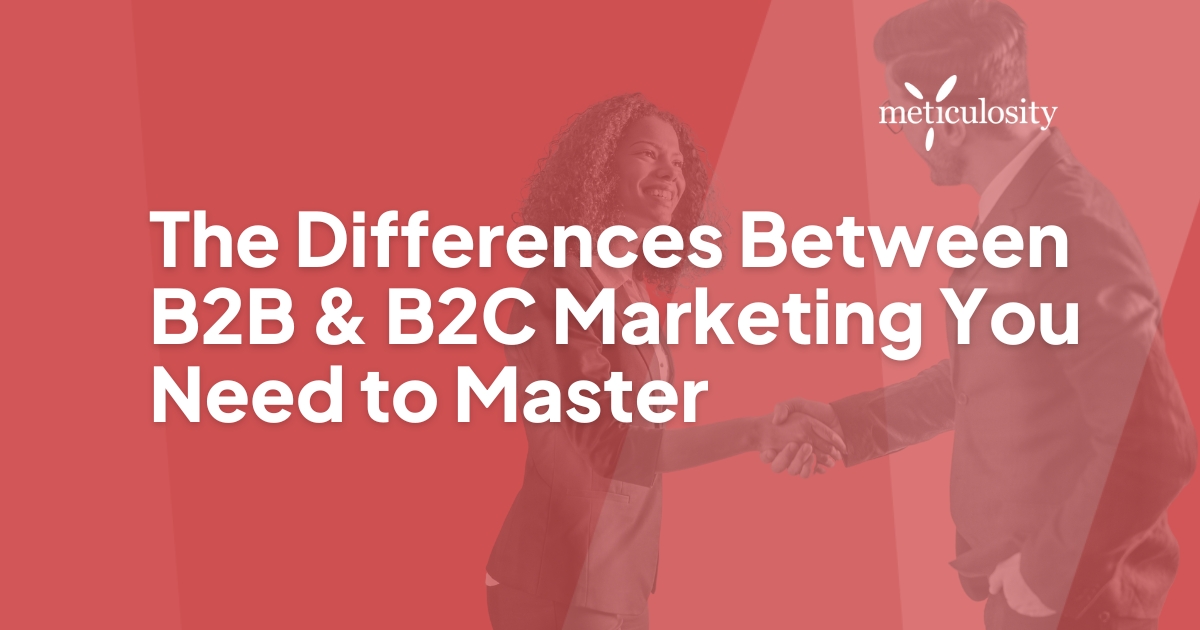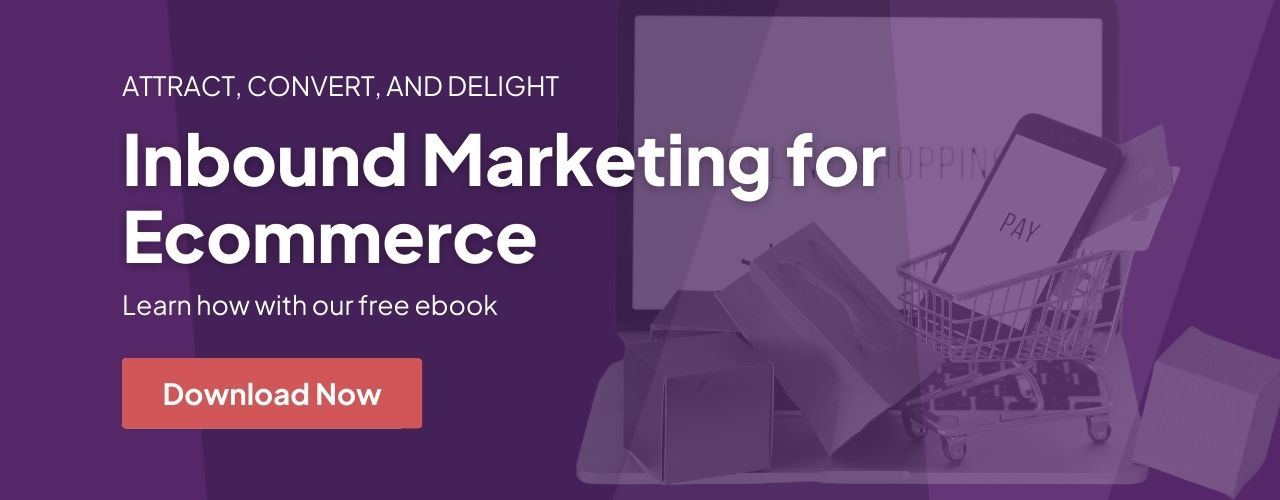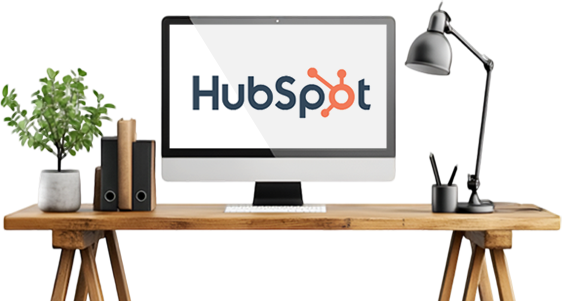B2C Marketing (business-to-customer) and B2B Marketing (business-to-business) have key differences, including buying processes, products and services, and market size. While both types of marketing involve selling products and services, there are some instances where business-to-business marketing requires a different approach.
This article takes a closer look at the differences between business-to-business and business-to-consumer marketing. We'll reveal how you can customize your keywords and web content to suit your business’ needs.
1. Business Buying Process
In most cases, it takes longer for a company to close a deal in a B2B market than it would to receive a B2C order. When ordering products as a business, it could take weeks for company management and stakeholders to make a decision.
On the other hand, B2C orders may only take a few weeks to complete. Business-to-consumer orders usually have some level of emotional involvement, whereas a business-to-business order is placed after careful research and information gathering.
B2B Buying Process
B2B companies’ extensive buying processes should influence both your website's goal and your content strategy's outline. Business-to-business customers typically require extensive information before making a purchase and are tasked with creating sales leads through its content.
So this means they may wish to contact a sales rep for more information, a product sample, or a demo.
To encourage potential buyers to get in touch with your company, be sure to provide easy methods of connecting. Your phone number, email, link to contact form, or live chat should be highly visible on each page.
B2C Buying Process
The B2C buying process is quite different, especially ecommerce. With ecommerce sites, the aim is to convert a new visitor as quickly as possible using impactful imagery, innovative features, and free trials.
For a real-time chat option, consider HubSpot. Extremely effective, with targeted messages to accelerate sales.

2. Complex Products & Services
Another key difference between business-to-business and business-to-consumer companies is that B2Bs typically offer a more complex array of products and services. They offer items you wouldn't typically use in a household, including complex machines or software. Because of this, customers of B2Bs are often interested in the specifications of your products.
To appeal to these information-gathering customers, show them how your product works. When creating B2B website content, highlight the product's important features or the distinctive benefits of your service. In-depth descriptions, videos, and downloadable materials can be useful here. It’s also important to have a hard-working support team available to answer questions from customers.
B2B deals typically take longer to close. Ensure your prospect can contact a sales rep to review the fine details.
3. Industry Jargon
The need for transparent, informative B2B website content leads us to the topic of jargon. Most people with expertise in particular industries frequently use certain words and terminology, so jargon’s crucial when developing a keyword strategy.
Whether you’re creating a B2C or B2B marketing strategy, speaking to your customers is important. Writing clear content and incorporating jargon can be a winning combination for business-to-business SEO principles. However, it’s important not to overdo the use of industry-specific, difficult words – content should always be reader-friendly. This ensures you don’t alienate visitors who may be new to the field.

4. Market Size
Consumer goods typically are of interest to millions of people, so B2C marketing is usually tailored to meet the needs of a large audience. However, the specialized nature of business-related products makes them relevant to a much smaller niche market.
B2B marketing uses jargon that may not work in B2C circumstances. Tailor your copy to your audience.
When it comes to SEO, selling to a small target group offers some advantages. Sometimes, smaller markets have less competition, making it easier for your business to become an authority in the field. This is accomplished by creating excellent informational content that includes long-tail keywords. The long-tail keywords should include the specifications and features of a particular product.
After determining your long-tail keywords, the next task is to develop an efficient website structure that shows search engines all the connections among your content. This can be achieved by internally linking related content and linking and defining your cornerstone content, which should include popular search terms.
5 Digital Marketing Mistakes to Avoid When Marketing Your Brand Online
5. Scale
The last important characteristic to consider when developing a business-to-business marketing plan is scale. Business-to-business companies typically have much higher quantities of orders than business-to-consumer companies.
This means that B2B companies have higher total costs. Customers of business-to-business organizations often wish to negotiate lower pricing or bulk discounts. Because of this, it’s important to have contact information for a sales rep readily available on your website.
Conclusion
There’s no doubt about it – building a high-quality business-to-business website can be difficult. When creating your site, think thoroughly about what you want your website’s goal to be, and translate these thoughts into features on your site.
Do your keyword research and write content that speaks your buyers’ language and encourages them to contact your company for more information. Following these steps can help you increase sales and become a trusted brand in your industry.







